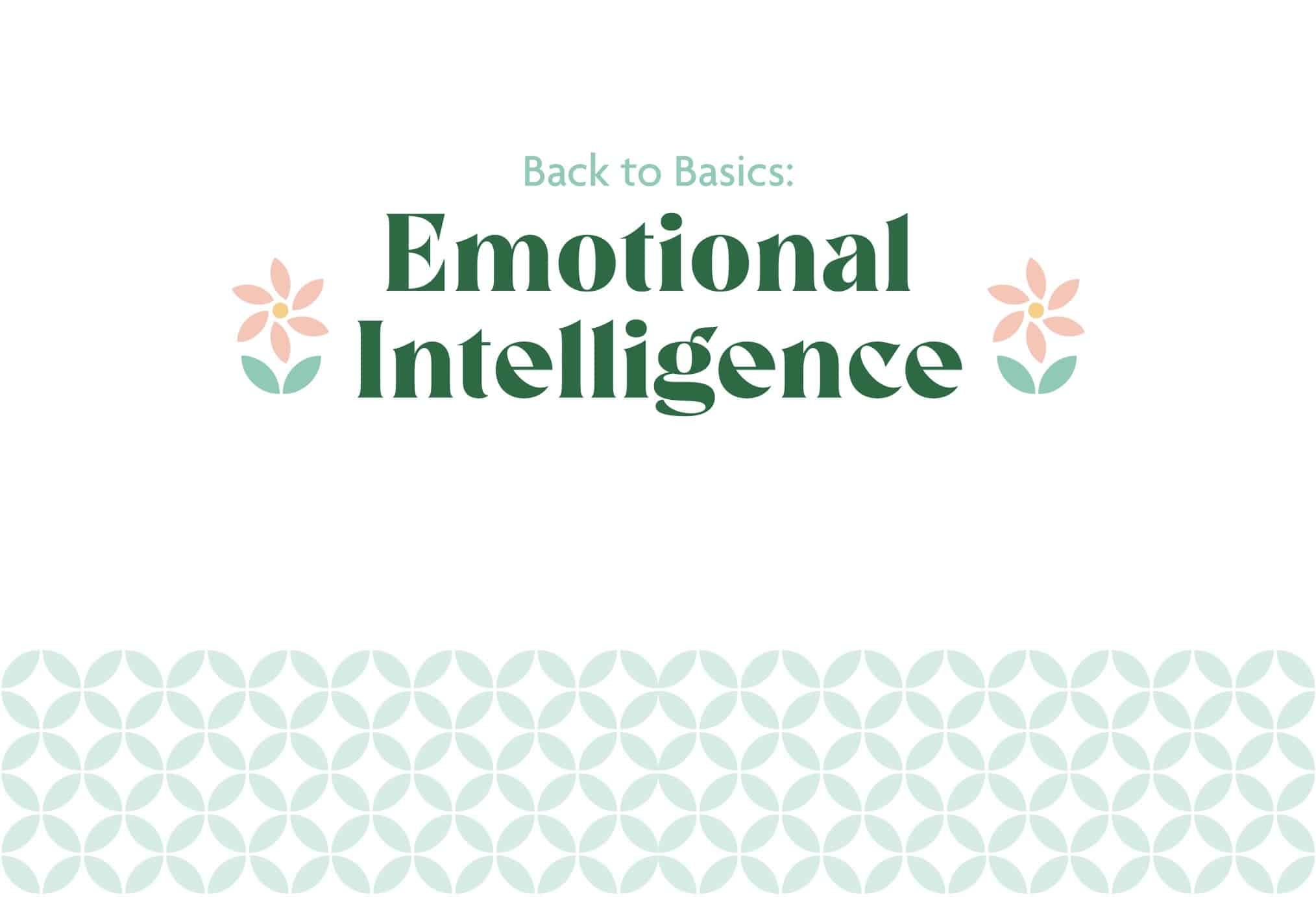
Emotional intelligence refers to the ability to understand others’ emotions and respond accordingly, and to recognize and regulate one’s own emotions as well. In recent years, society has become a lot more sensitive to people’s emotions, and more encouraging for people to openly embrace their feelings. This sort of emotional sensitivity was less normalized in prior generations so there is a cohort of people who lack a sort of comfortability with the subject—if you are one of them, no need to fear!
Having strong emotional intelligence can be very rewarding because it allows you to feel more in touch with yourself, your relationships, and the world around you. Being able to recognize, understand, and respond to your own emotions as well as the emotions of others results in a happier and healthier you.
As identified by Dr. Brackett, founder of the Yale Center for Emotional Intelligence, there are five skills that an individual must obtain in order to build strong emotional intelligence. These include: Recognition, Understanding, Labeling, Expression, and Regulation.
Recognition is the ability to recognize your own emotions as well as the emotions of others. We can use nonverbal signals such as body language, facial expression, and vocal tones to help us recognize emotions. Once you are able to recognize the emotion, you can begin to understand their source and how they have influenced our behaviors. Being able to label these emotions allows for you to accurately communicate with others about these emotions. It is essential to express our emotions in a way that informs and engages empathy from others to navigate relationships. Lastly, taking control of our emotions through regulation techniques and strategies helps us cope with how we feel and deal with the emotions of others.
A note on emotional intelligence from our new therapist, Schaefer, who specializes in the subject:
“I have found that breaking down emotional intelligence into distinct steps and skills provides a more clear and less overwhelming process. The step-by-step approach allows my clients to feel more in control and steadily builds their ability to practice emotional intelligence in their day-to-day lives.”
If you’re looking to deepen your emotional intelligence, we’re eager to help guide you.
